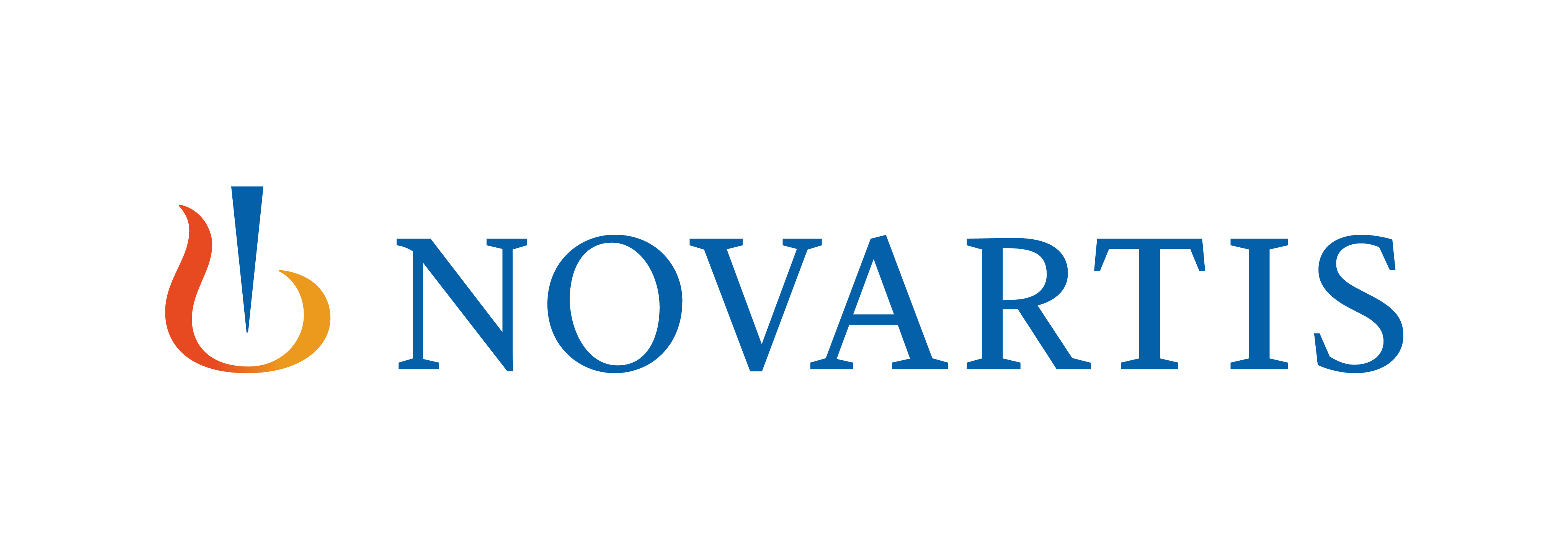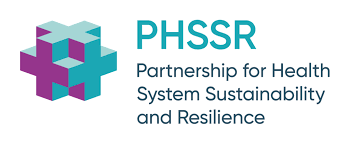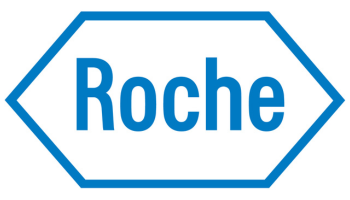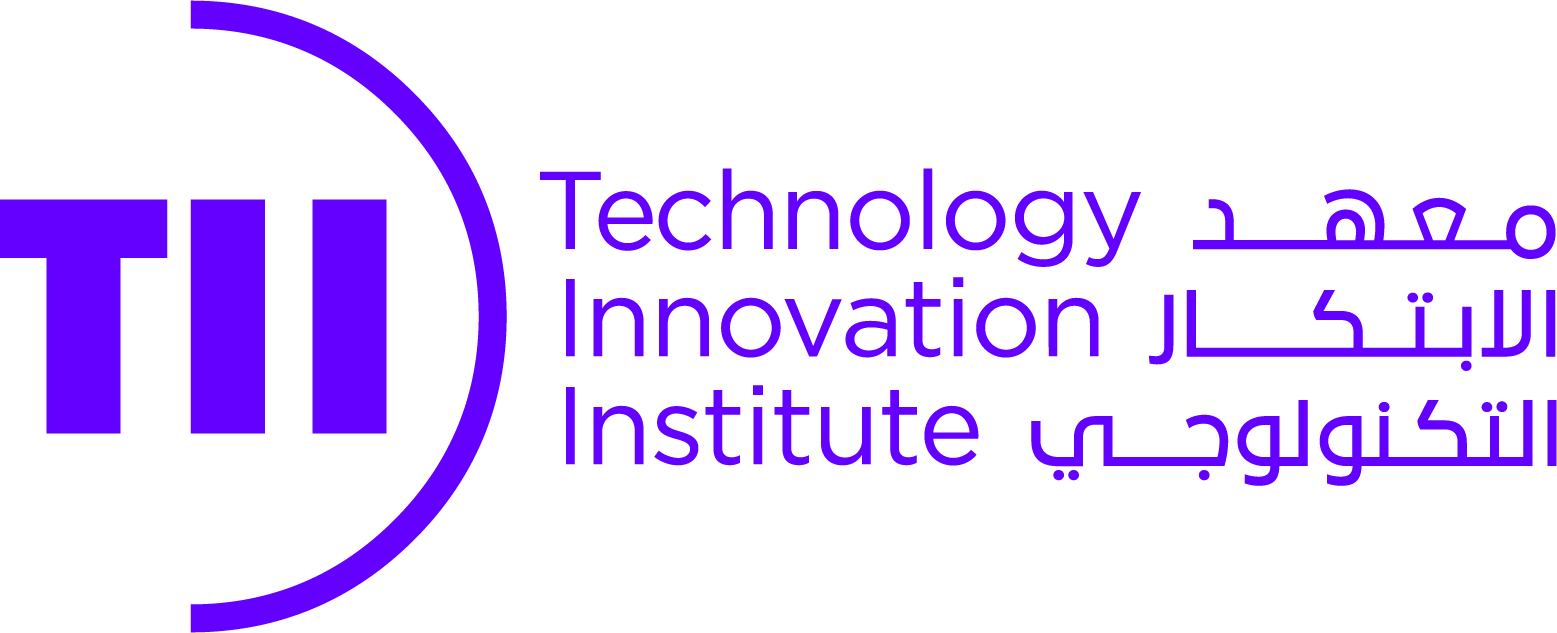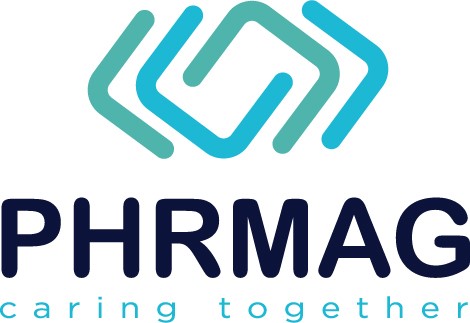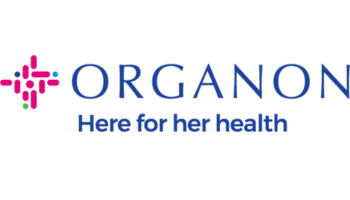تحت رعاية سموّ الشيخ خالد بن محمد بن زايد آل نهيان، ولي عهد أبوظبي رئيس المجلس التنفيذي لإمارة أبوظبي
Under the Patronage of His Highness Sheikh Khaled bin Mohamed bin Zayed Al Nahyan, Crown Prince of Abu Dhabi and Chairman of Abu Dhabi Executive Council
Dark chocolate cuts hypertension risk: Sweet news from latest study
A study published in the journal Scientific Reports shows that dark chocolate intake can significantly reduce the risk of essential hypertension. Essential hypertension refers to high blood pressure that is multi-factorial and does not have a distinct cause.
Study: Dark chocolate intake and cardiovascular diseases: a Mendelian randomization study
Background
Cardiovascular diseases are the leading cause of disability and mortality worldwide and are major contributors to the global disease burden. The estimated total number of cardiovascular disease cases was 523 million in 2019, with the Middle East and North Africa having the highest prevalence and Central Asia and Eastern Europe having the highest mortality.
Given the high morbidity and mortality associated with cardiovascular diseases, several studies have been conducted to identify both risk factors and preventive measures. Some small-scale randomized controlled trials have shown that dark chocolates benefit cardiovascular health. The main three flavanols found in dark chocolate, including procyanidin, catechin, and epicatechin are known to have beneficial effects on the cardiovascular system.
In this study, scientists have explored the causal relationship between dark chocolate intake and cardiovascular disease risk using the Mendelian randomization method. Mendelian randomization uses measured variation in genes of known function to examine the causal effect of a modifiable exposure on disease in observational studies.
Study design
The scientists obtained genome-wide association study summary-level data for dark chocolate intake from the MRC Integrative Epidemiology Unit (University of Bristol) website. The data included 64,945 European ancestry participants. They identified 21 independent single nucleotide polymorphisms as genetic instrumental variables for predicting dark chocolate intake. An instrumental variable is a kind of variable that is not supposed to have any direct effect on the outcome.
Furthermore, the scientists obtained summary-level data for cardiovascular diseases from various publicly available genome-wide association studies. They synchronized the datasets for dark chocolate intake and cardiovascular diseases to align the direction of alleles of the single nucleotide polymorphisms for both.
Then, they analyzed the data to determine the causal relationship between genetically predicted dark chocolate intake and risks of 12 cardiovascular diseases, including heart failure, coronary heart disease, myocardial infarction, atrial fibrillation, non-rheumatic valve disease, non-ischemic cardiopathy, essential hypertension, venous thromboembolism, deep vein thrombosis, stroke, ischemic stroke, and transient ischemic attack. They also conducted sensitive analyses to assess the robustness of the Mendelian randomization analysis results.
Important observations
The study findings revealed that dark chocolate intake significantly reduces the risk of essential hypertension. A suggestive negative association between dark chocolate intake and the risk of venous thromboembolism was observed in the study. No significant association with dark chocolate intake was observed for other tested cardiovascular diseases.
Study significance
This study reveals that genetically predicted dark chocolate intake is significantly associated with a lower risk of essential hypertension and suggestively associated with a lower risk of venous thromboembolism.
Available evidence indicates that flavanols present in dark chocolates can improve endothelial function, promote vasodilation, and prevent platelet aggregation by increasing nitric oxide release. Flavanols are also known to have potent antioxidant and anti-inflammatory activities. All these activities of flavanols are believed to be the main contributing factors towards a healthy cardiovascular system.
The hypertension data used in this study includes cases of secondary hypertension, which is essentially the manifestation of kidney disease, renal vascular disease, and some endocrine diseases in the cardiovascular system. However, the study does not investigate any causal relationship of these diseases with dark chocolate intake. Thus, the scientists advise that people should not rely only on dark chocolate to prevent essential hypertension. Rather, people at high risk for essential hypertension can replace unhealthy snacks with dark chocolate to improve their cardiovascular health.
As mentioned by the scientists, a small sample size of the exposure data was used in this study. The identified single nucleotide polymorphisms also failed to reach the conventional genome-wide significance threshold. However, these single nucleotide polymorphisms can be considered as effective instrumental variables as their Fisher-statistic (a measure of the ratio of variances) values are greater than 10. A Fisher-statistic value of more than 2.5 is needed to reject the null hypothesis. Moreover, the findings of sensitive analyses showed the robustness of the estimated causal effects for almost all outcomes.
Summer-level data of European ancestry populations was used in this study. This restricts the generalizability of study findings to other populations.
Overall, the study provides valuable information for the prevention of essential hypertension in the general population. More clinical research is needed to firmly establish the causal relationship between dark chocolate intake and the risk of cardiovascular diseases.
- Yang, Juntao, et al. "Dark Chocolate Intake and Cardiovascular Diseases: A Mendelian Randomization Study." Scientific Reports, vol. 14, no. 1, 2024, pp. 1-9, https://doi.org/10.1038/s41598-023-50351-6, https://www.nature.com/articles/s41598-023-50351-6
Source: News Medical Life Sciences








